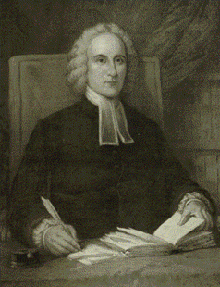A forgotten country cemetery sits atop a windswept hill not far down the gravel road from where my parents used to live. While living at home, my attention was always drawn in the opposite direction of that cemetery.
In the other direction was “town.” School, friends, athletic events, parades, concerts, restaurants, church—everything exciting was in that direction. But as the years passed and occasion afforded a brief visit home, my interests were strangely drawn toward that quiet graveyard. On occasion I would walk there and stroll among the tombstones.
Bordered by a shallow creek and cow pasture, nestled among a few gnarly trees, this little cemetery is one lonely place. I never saw another person there. There is no marquee, driveway or parking lot. No flowers, shrubs, benches, sidewalks or manicured lawn. Nor are there any impressive monuments—just simple, weathered tombstones rising in obscurity from the prairie grass. Some of the stones, as if too weary to stand any longer in their struggle against time, have been toppled over and rest on top of the graves they mark.

 Every believer experiences deteriorating attitudes toward God sometimes. Some believers are out of touch with their “inner man” and live with their heads in the spiritual sand. As a result, they may not recognize this tendency within themselves (and that is tragic). Denying reality is an old coping mechanism, but a dishonest one. Perceived or not, the attitude problem within us is real. Here are two issues related to these attitudes.
Every believer experiences deteriorating attitudes toward God sometimes. Some believers are out of touch with their “inner man” and live with their heads in the spiritual sand. As a result, they may not recognize this tendency within themselves (and that is tragic). Denying reality is an old coping mechanism, but a dishonest one. Perceived or not, the attitude problem within us is real. Here are two issues related to these attitudes.
 With appreciation to
With appreciation to  Reprinted with permission from Dan Miller’s book
Reprinted with permission from Dan Miller’s book 
 Note: Reading
Note: Reading  Note: Reading
Note: Reading 
Discussion